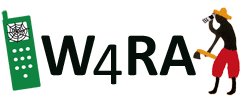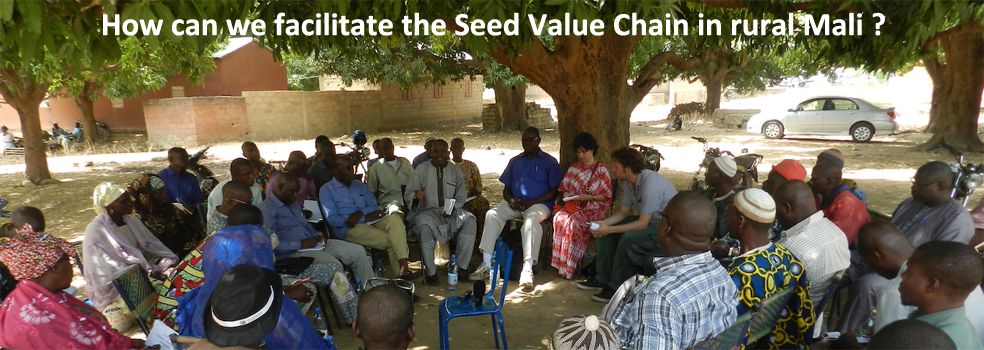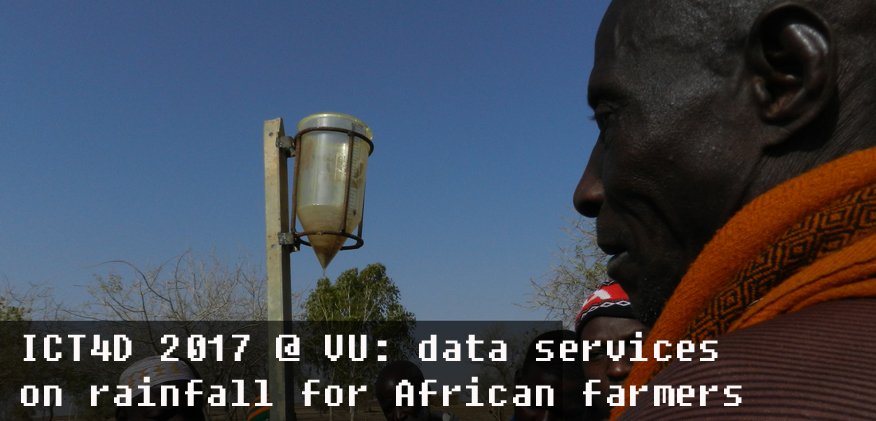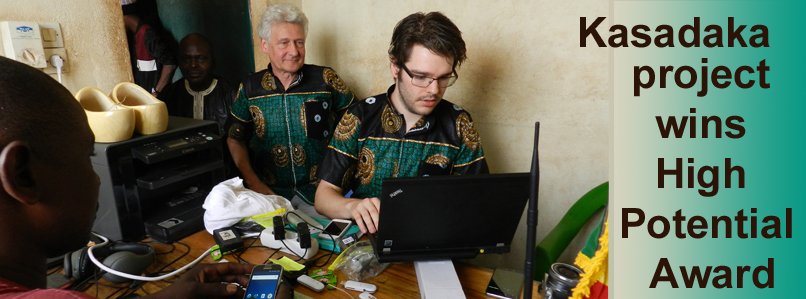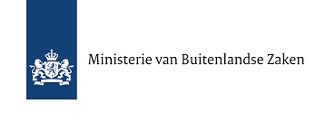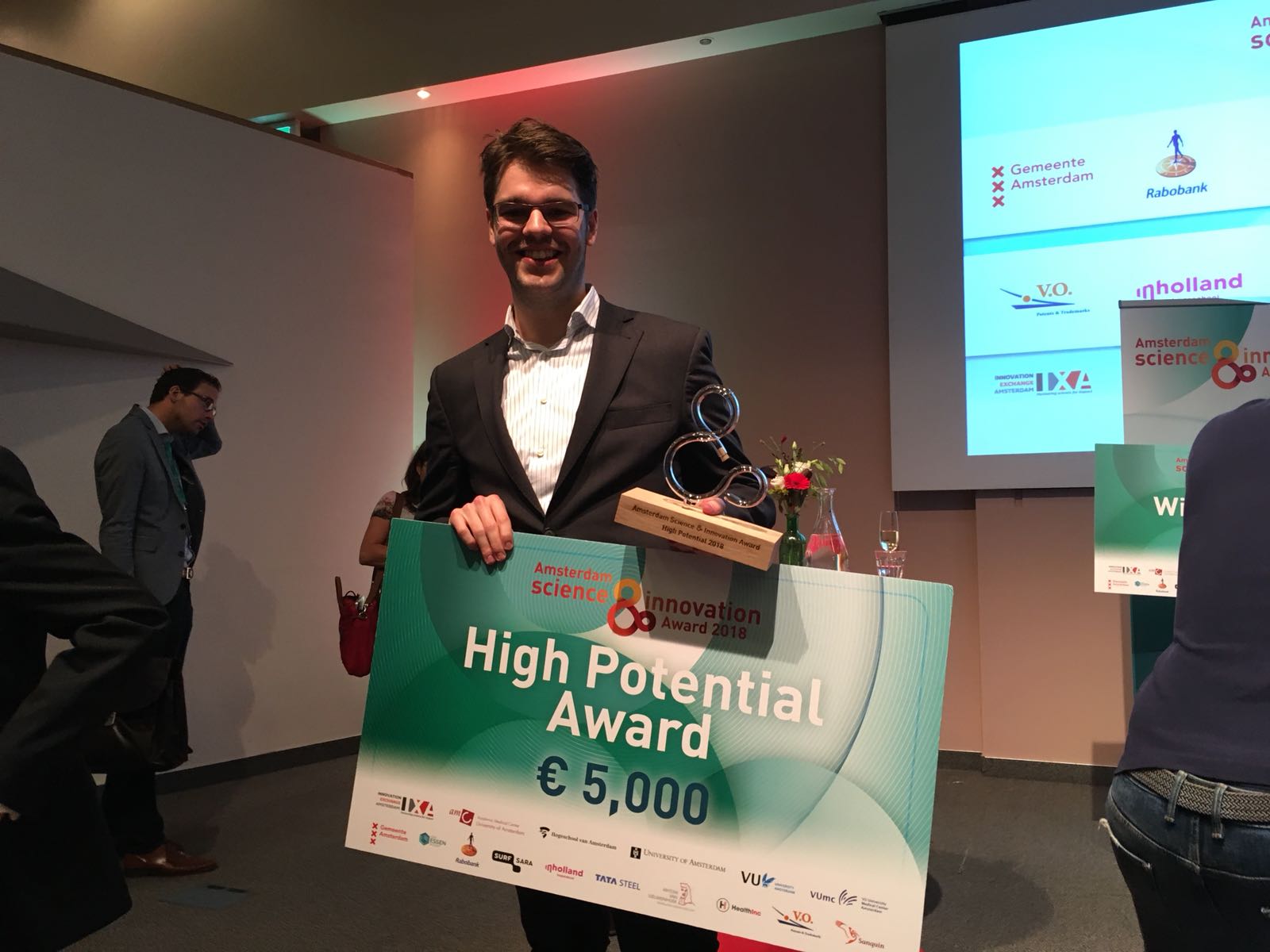The W4RA team, together with partners from the AOPP (Association des Organisations Professionnelles Paysannes) in Mali have just completed a project in the framework of Orange Knowledge Programme to enhance the value chains for cereal seeds in rural areas of the Sahel.
This short video shows the highlights of this project, which is the fourth in a row since VU Amsterdam and the AOPP started to collaborate in the seed value chain in 2015.
The seed value chain in Mali is a complex one. It is on one hand traditional, in which farmers exchange seeds with each other without financial transactions. On the other hand there is a system of commercial, certified, improved seeds. The traditional value chain consists of local seeds that have lower yields than the improved seeds. Still, many farmers rely on them, as they are available without investments, no pesticides are necessary. They are resistant to drought and can be — in contrast to the hybrid seeds that only breed two or three generations– replanted/reused without limitations. They are the basis of the daily food consumption for large part of the population.
Read also the master projects about the seed value chain:
Rens van Oijen. Assessing Food System Governance in Mali using an Conceptual Modeling approach. Master thesis Information Science 2022. Vrije Universiteit Amsterdam. July 2022. [Thesis].
The hybrid, improved seeds are interesting for farmers, as they givehigher crop yields, and they can be sold on official commercial markets. They give farmers the opportunity to invest and earn financialrevenues. Unfortunately, the seed value chain for hybrid seeds is still inefficiently organized. It is hampered by a lack of information and by inefficient channels for communication, which makes deliberate and informed decision-making difficult. For many smallholder seed producing farmers this is a serious problem. Farmers do not have access to market information; they have difficulties in finding customers and are often not up to date about market prices.
Seed producers — usually smallholders — exchange, buy, produce and sell seeds. Some years they are suddenly confronted with a lack of demand for the seeds they have produced, especially in the occasional good rainy season and a good harvest. Especially farmers in rain-fed agriculture, in remote regions are the most vulnerable for price and demand fluctuations.
AOPP, — an association of farmer organizations that reaches up to 3 million people in the whole of Mali — is concerned with the condition of their member OPs (organisations paysannes). AOPP as a national umbrella organization supports about 250 local farmer organizations, representing them at the national level, trying to enhance communication and provide them with timely, accurate and relevant information from all segments of the value chain. To improve communication, AOPP is now developing an online seed information system.
Sven Preng. Digitalizing cereal seed certification in rural Mali: a practitioners perspective on ICT4D. Master thesis Computer Science 2022. Vrije Universiteit Amsterdam. July 2022. [Thesis]. SDG – 2 Zero hunger.
